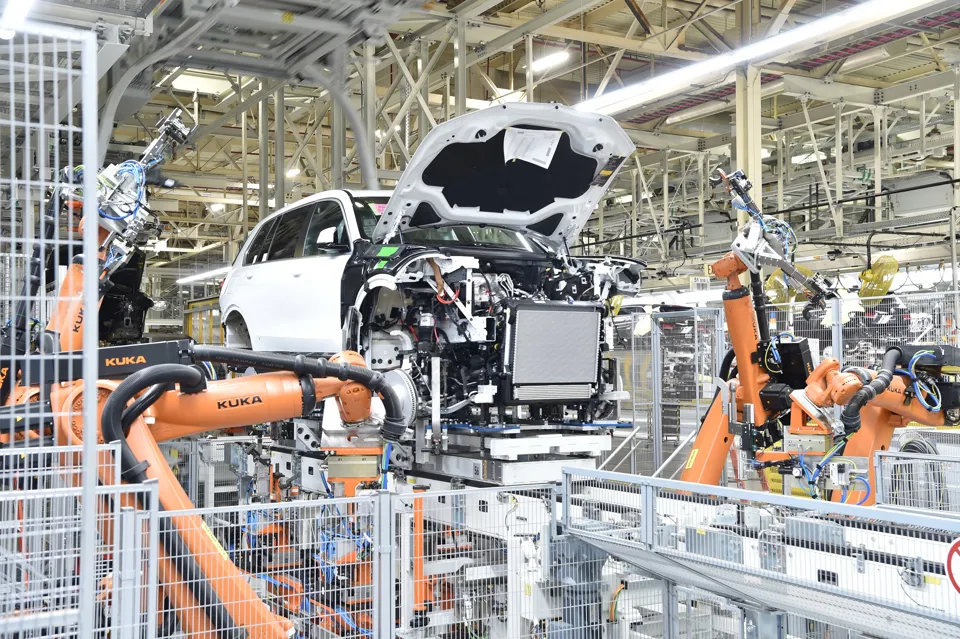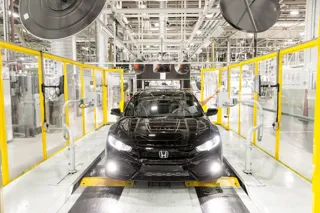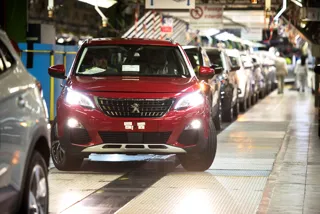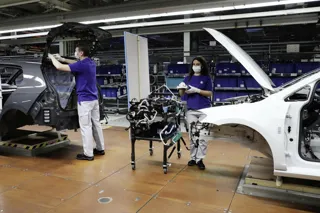The European Automobile Manufacturers’ Association (ACEA) says a successful re-launch of the car industry will be vital to the wider economic recovery of the continent.
Since the Coronavirus outbreak, Europe’s car industry has ground to a halt with factory closures, showroom closures and vehicle movements coming to a standstill.
“It is in Europe’s interest that this key strategic sector not only recovers, but also is revitalised in order to make a strong contribution to the EU’s industrial strategy, the European Green Deal as well as the continent’s global innovation leadership,” said Eric-Mark Huitema, director general of ACEA, which represents Europe’s 16 major car, truck, van and bus manufacturers.
The ACEA wants manufacturers and suppliers to rapidly and simultaneously get their plants up and running across the whole supply chain in all countries, as soon as the crisis is over.
It is requesting EU-wide support for a coordinated re-start of activities and investments right along the supply chain.
“A top priority is to protect the health of all those who work in the auto sector,” said Huitema. “To that end, we need clarity on the relevant health and safety rules in each country for when production re-starts.”
Once production restarts, the ACEA says fleet renewal schemes, such as scrappage schemes, will be required across Europe to stimulate the market.
Huitema said: “Given the fragile economic situation, however, many consumers and professional transport operators will be simply unable to purchase new vehicles.”
An EU-wide network of charging and re-fuelling infrastructure will be key to ensuring that the fleet can be renewed in an environmentally-friendly way, according to ACEA.





















Login to comment
Comments
No comments have been made yet.